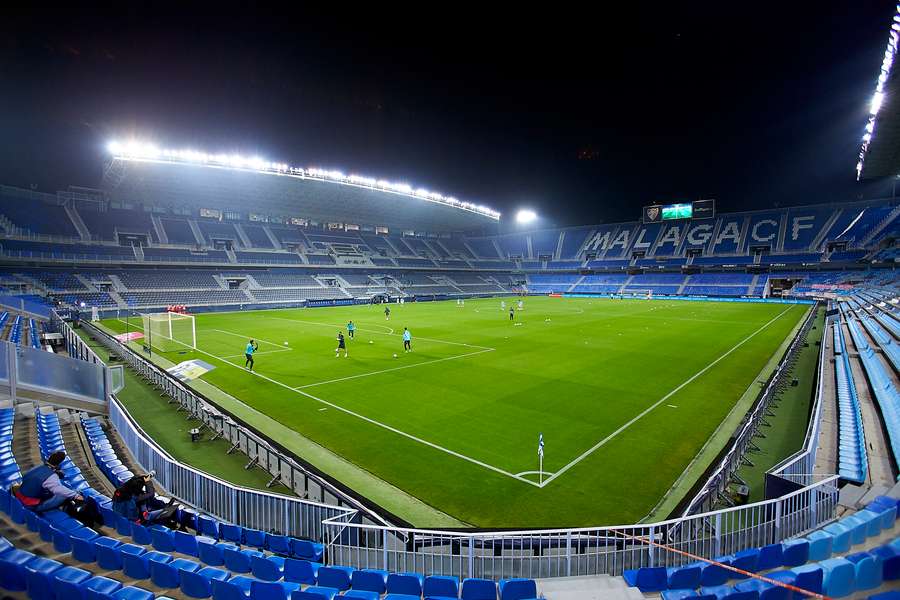Spain had proposed 11 stadiums for use, including La Rosaleda in the southern coastal city.
However,Malaga mayor Francisco de la Torre indicated that hosting matches could create issues for the city's club and supporters due to necessary reconstruction work on the stadium.
"When faced with the choice between the World Cup and our club, we choose the club and its fans," stated De la Torre following a meeting with the Malaga council and the regional government of Andalusia.
"After multiple meetings... we believe that the most responsible, prudent, and sensible decision today is to withdraw Malaga from hosting the World Cup.
"If the World Cup poses a risk to the club and a problem for the fans, it's not worth pursuing."
During the reconstruction of La Rosaleda, Malaga would need to play at an alternative stadium with a capacity of 12,500, while they currently have over 26,000 season ticket holders.
The renovation was estimated to cost around 270 million euros (£233 million), but the mayor emphasized that the decision was not made solely to reduce expenses.
"We want to see a new stadium built. It may not be for the World Cup, but it is a firm commitment," added De la Torre.
"This decision is not about saving money; it's about what is best for the city, the fans, and the club."
The Spanish second division club Malaga participated in the Champions League in 2013 but later fell to the third tier due to a financial crisis.
In March, Maria Tato, head of the World Cup 2030 organization in Spain, resigned after being accused of manipulating the selection process for stadiums.
The newspaper El Mundo reported that ratings for potential venues were modified to favor Anoeta in San Sebastian, disadvantaging Balaidos in Vigo.
The Galician city, along with the east coast city Valencia are being considered as alternatives to replace Malaga as a host.
In June, LaLiga club Valencia secured financing for the Nou Mestalla stadium, which is set to open in 2027 with a capacity of 70,000.











 Links
Links
 Contact
Contact
 App
App


